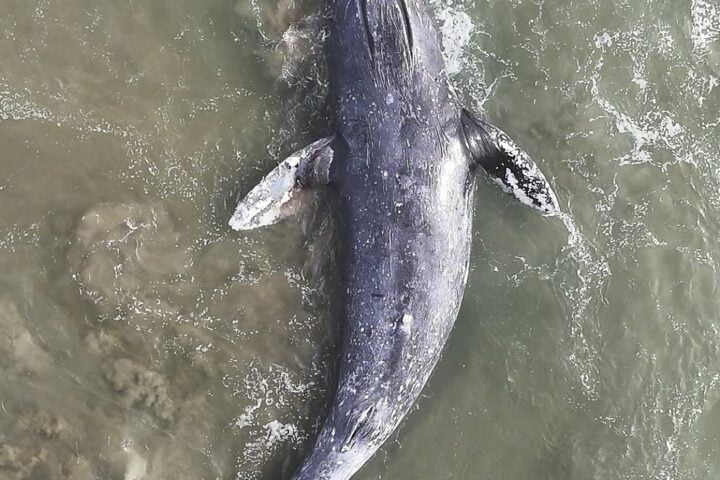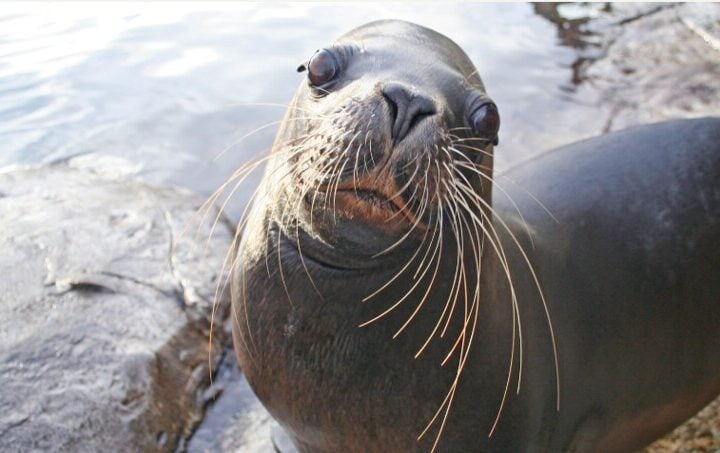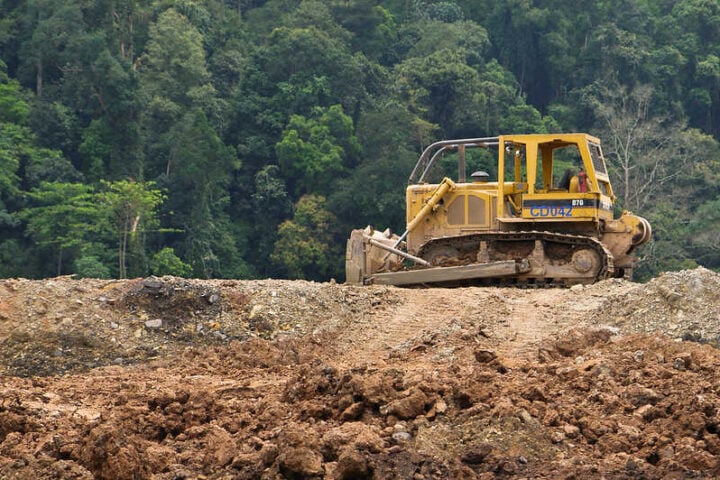New Zealand proposes to tax livestock burps, farts. Prime Minister Jacinda Arden said the levy would be the first of its kind in the world. Gasses naturally emitted by New Zealand’s 6.2 million cows are among the country’s biggest environmental threats. Using emission estimates from their farms, the government revealed a plan to impose additional tariffs on New Zealand’s farmers in October. The tax proceedings are intended to fund agricultural technologies and research, as well as rewards to farmers as incentives for their greenhouse gas reduction efforts. But now, after a series of voices rebelling the move, the NZ govt. has plans to alter the agricultural emission taxing plan.
The New Zealand government announced on Wednesday that it had modified its proposed plans to charge agricultural long-lived emissions including biogenic methane, which is primarily produced by cow and sheep burps, in response to concerns voiced by farm groups.
In addition to allowing farmers to use on-farm forestry to offset their carbon emissions and pledging to maintain emissions pricing as low as feasible, the administration claimed it had made a number of revisions to the initial proposal. New Zealand, a major exporter of agricultural products, will be the first nation to require farmers to pay for emissions from livestock. Farming organisations had sharply criticised the original idea.
By using the hashtag #NoFarmersNoFood on Twitter, activists are appealing to a deep-seated concern: that by enforcing environmental regulations, the world won’t be able to feed its expanding population. Worries about food insecurity have already been made worse by conflicts in Eastern Europe, which has increased the cost of cereals and fertiliser. Farmers have joined the chorus, saying that regulations relating to climate change will result in both less food and higher grocery prices for people already dealing with the worst inflation in decades.
Farmers have pushed Prime Minister Jacinda Ardern’s center-left government to remove the levy, which they fear will raise food prices and jeopardise their livelihoods. The amendments unveiled on Wednesday include allowing farmers to use on-farm forests to offset their carbon emissions in addition to pledging to maintain low emissions prices.
Ardern stated in a statement that “our shared goal is enabling farmers to grow their exports, lower emissions, and keep our agriculture sector’s international competitive edge.” She cautioned that New Zealand needed to be in the lead regardless of the government’s ideas if it wanted to remain competitive in a market that demanded sustainably produced goods.
‘


















